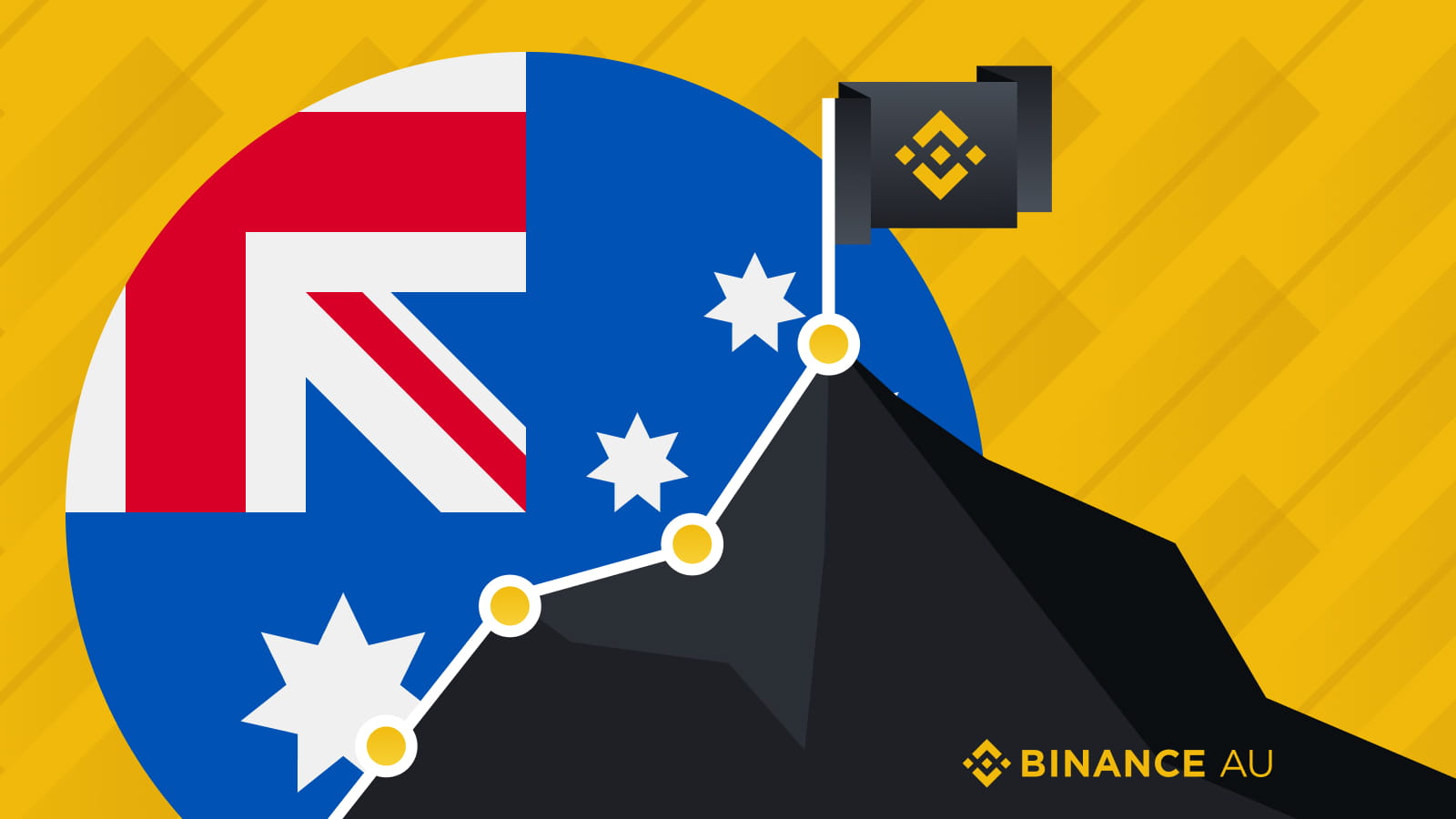Business
Binance Aussie CEO says regulations will form higher standards
The CEO of Binance Australia Leigh Travers thinks that a specific framework will prove the crypto industry holds itself to a higher standard than many believe.
-

 Business1 week ago
Business1 week agoNvidia posts mixed Q1, predicts $8B hit with US chip curbs
-

 Business1 week ago
Business1 week agoBlackRock eyes 10% stake in Circle’s IPO
-

 Business1 week ago
Business1 week agoReserve Bank of India to roll out new use cases for digital rupee
-

 Business2 days ago
Business2 days agoCircle stock jumps 167% on NYSE debut
-

 Business1 week ago
Business1 week agoOpenSea expands beyond NFTs with OS2 public rollout
-

 Business1 week ago
Business1 week agoTelegram raises $1.7 billion in convertible bond offering
-

 Business2 days ago
Business2 days agoJapan’s ‘Strategy,’ Metaplanet, to buy 91K Bitcoin in next 18 months
-

 Business6 days ago
Business6 days agoSingapore orders local crypto firms to cease overseas activity by June 30

























